Australia Day is celebrated as the official national day and is marked by national celebrations, community and family events, and citizenship ceremonies. For many Australians it is a day to celebrate a rich and diverse culture made more so by the contributions to the national fabric by many recent migrants and people of overseas descent.
Already a subscriber? Log in
Subscribe for just $2 a week
Try a month of The Spectator Australia absolutely free and without commitment. Not only that but – if you choose to continue – you’ll pay just $2 a week for your first year.
- Unlimited access to spectator.com.au and app
- The weekly edition on the Spectator Australia app
- Spectator podcasts and newsletters
- Full access to spectator.co.uk
Or

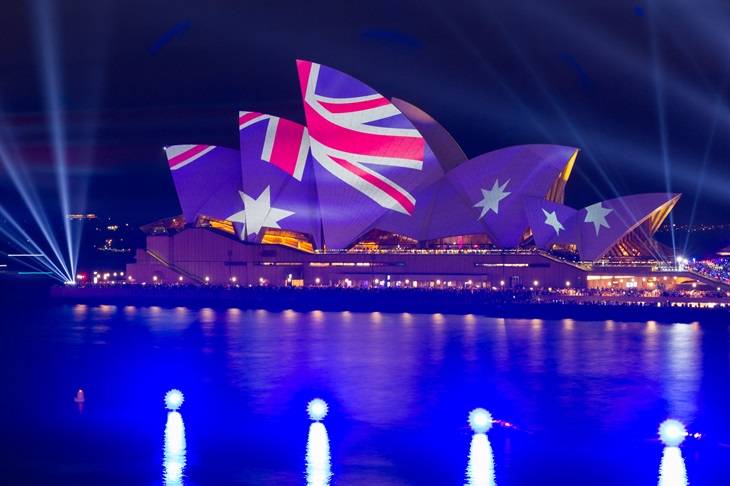
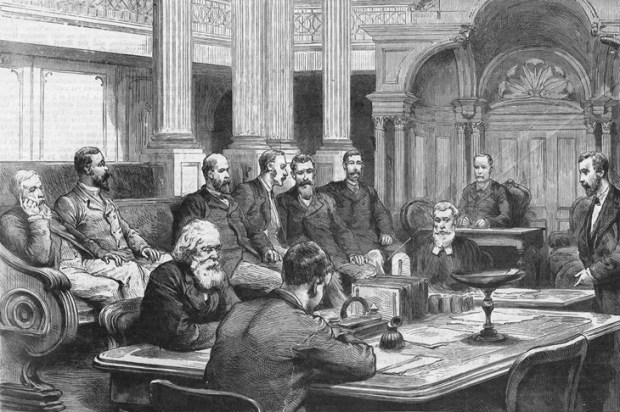
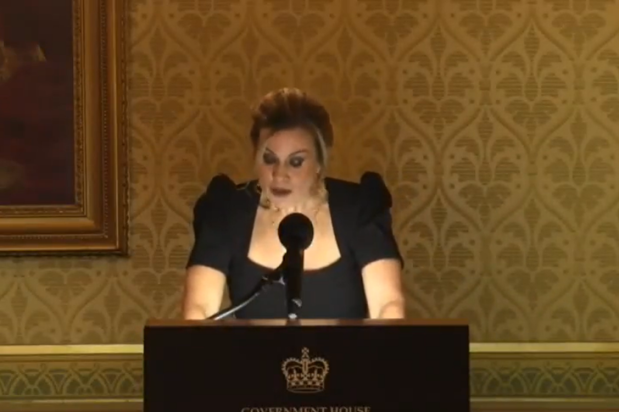

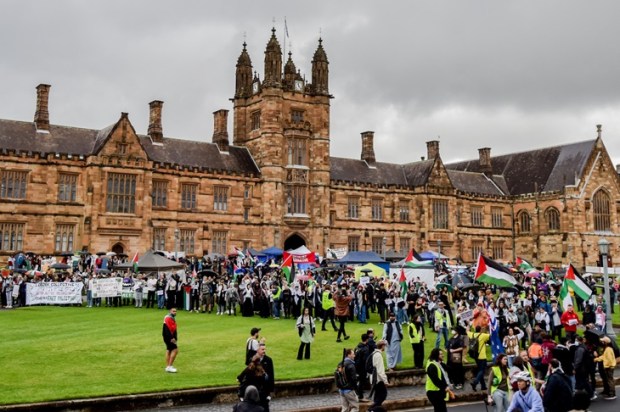
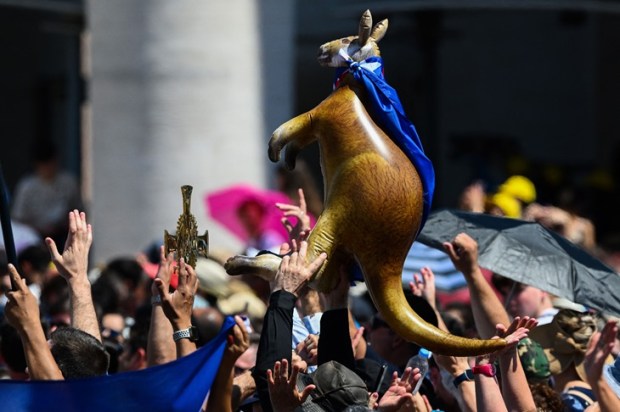



















Comments
Don't miss out
Join the conversation with other Spectator Australia readers. Subscribe to leave a comment.
SUBSCRIBEAlready a subscriber? Log in